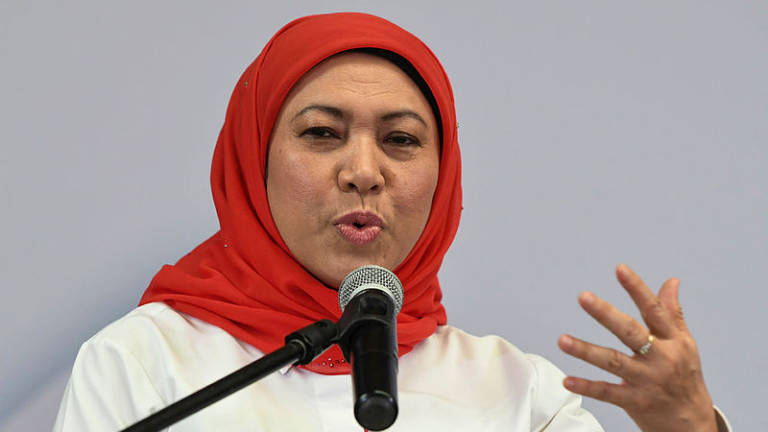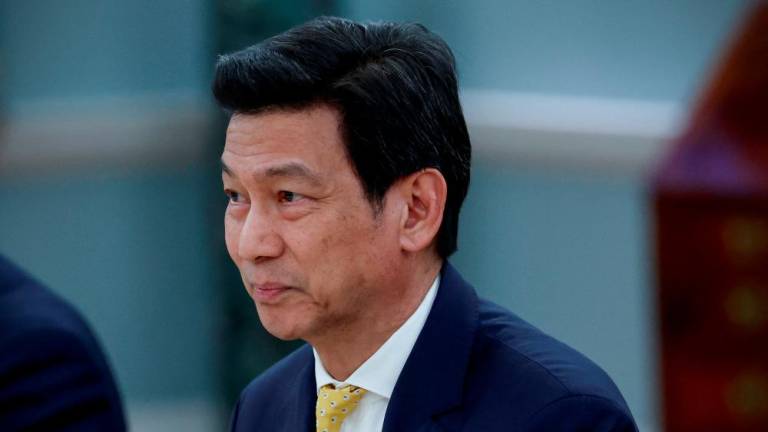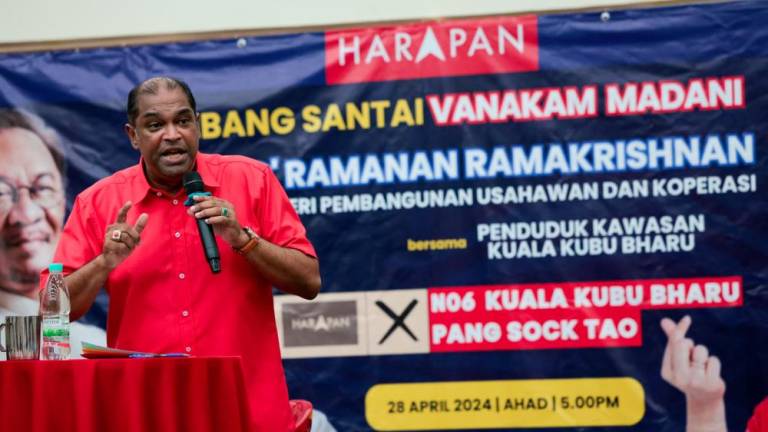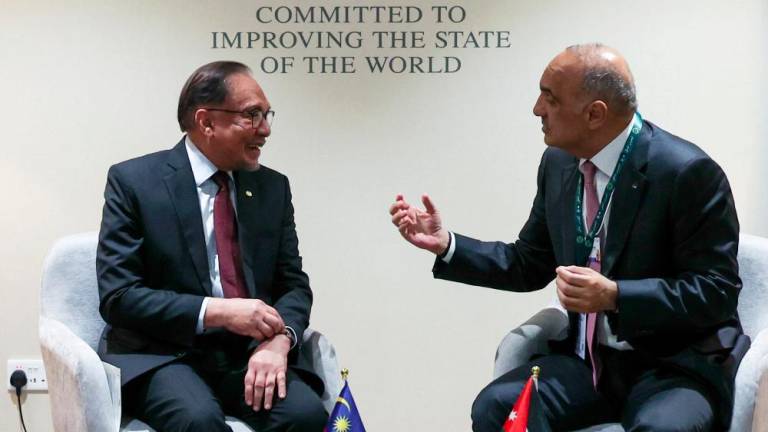KUALA LUMPUR: The Covid-19 pandemic cost the tourism industry some RM45 billion in losses until June this year, Tourism, Arts and Culture Minister Datuk Seri Nancy Shukri (pix) told the Dewan Rakyat yesterday.
She said sectors such as hotels, transport, shopping, food and beverage and meetings, incentives, conventions and exhibitions (MICE) were badly hit.
She said tourists arrivals are estimated to drop by 75% this year compared to last year.
“The ministry estimates that the international tourist segment losses would be about RM31 billion,“ she said to a question by Datuk Ahmad Idris
(Jerantut-BN).
Nancy said January to March spending by international tourists dropped by 41.5% from RM21.4 billion in 2019 to 12.5 billion.
She added the losses were due to the loss of jobs, pay cuts, drop in tourists and holiday package sales.
“The government is working hard to revive the tourism sector and hopes to see a revival in the second quarter of next year.
“The ministry has put in place a revival plan to help the tourism sector. This will also depend on how quickly the international tourism sector recovers,“ she said.
Nancy said international tourist arrivals saw a drop since early January after Covid-19 started spreading in China.
In a supplementary question, Muhammad Bakthiar Wan Chik (PH-Balik Pulau) pointed out that Prime Minister Tan Sri Muhyiddin Yassin had said on July 6 that the overall recovery of the tourism sector would take four years.
He added that the tourism sector contributes 15.2% to the country’s GDP.
Nancy said the PM’s projection was for a total recovery of the tourism industry.
She said many hotels had resumed operations, with occupancy rates of about 75% and some even 100%, based on data from the Malaysian Association of Hotels (MAH).
When Muhammad Bakhtiar tried to rise and dispute the statistics on occupancy, she told him the figures were based on submissions to her ministry, which she said was updated weekly.
Nancy said even if the data is wrong, that is the data the ministry receives.










